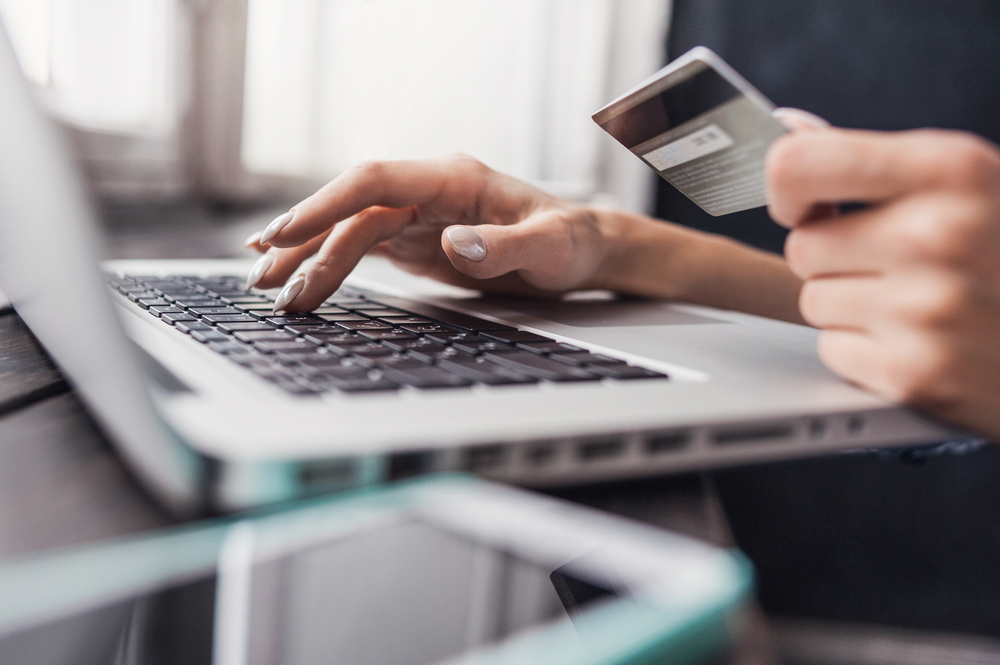Online shopping is a convenience many of us take for granted. With only a couple of quick clicks or keystrokes, we can order anything from a pencil to a car to show up on our doorsteps a few days later. The lure of the internet makes it almost too easy to buy things online – especially around the holiday season. With retailers starting their Cyber Monday sales earlier every year and advertising discounts that sound too good to be true, you may find yourself justifying pricey purchases and going in over your head.
What Is Online Shopping Addiction?
While most of us are familiar with the concept of “retail therapy,” or buying yourself a pick-me-up treat, some people use shopping as their primary emotional outlet. Shopping addiction is a mental health condition characterized by the compulsion to buy new things, spend more than you can afford or purchase items you’ll never use.
For someone who is addicted to online shopping, the habit goes far beyond the thrill of getting a fantastic deal on a product they need or want. They buy things primarily to improve their mood and self-image, relieve negative feelings or cope with stress. When shopping becomes a compulsion, you may continue doing it regardless of the financial or psychological consequences.
Warning Signs of Compulsive Shopping
Like other behavioral addictions such as gambling, shopping addiction begins in your brain’s pleasure and reward system. The act of buying something causes a surge of feel-good chemicals such as endorphins and dopamine, and that pleasure becomes a craving over time. For some people, merely thinking about shopping is enough to spark feelings of happiness.
To tell if your shopping habits have become problematic, ask yourself the following questions:
- Do you ever feel guilty or ashamed about how much you shop?
- Do you frequently make extravagant purchases?
- Have you overdrawn your bank account or gone into debt because you couldn’t rein in your behavior?
- Do you hide evidence of your online shopping, such as credit card statements or boxes?
- Do you mostly buy things because you like the way it makes you feel, and not because you genuinely need the items?
- When making a purchase, do you initially feel excited, then remorseful?
Online Shopping and Compulsive Behavior
The rise of e-commerce has made compulsive shopping more severe in a few significant ways. Specifically, the internet enables people to buy anything they can imagine, 24/7/365, from a device they already have at their fingertips. Online shopping also lets you shop anonymously and hide your habit.
On top of that, personalized product recommendations, pop-up ads and auto-filled forms all make it harder to avoid online shopping. Viewing a product on one website and then seeing an ad for it follow you to a different site you visit later that day may induce a powerful urge to buy something you might otherwise have forgotten about.
Transformative Mental Health Care for Women
If you’re concerned about your shopping habits ahead of Cyber Monday, consider finding a support group or talking to a mental health professional. Rising Roads offers a holistic approach to mental wellness, with licensed clinicians, a board-certified psychiatrist, a nutritionist and family therapists on staff. Here, you’ll receive personalized care in a comfortable environment that allows you to express your feelings and concerns. To learn more about our mental health and dual-diagnosis programming, contact us today.

